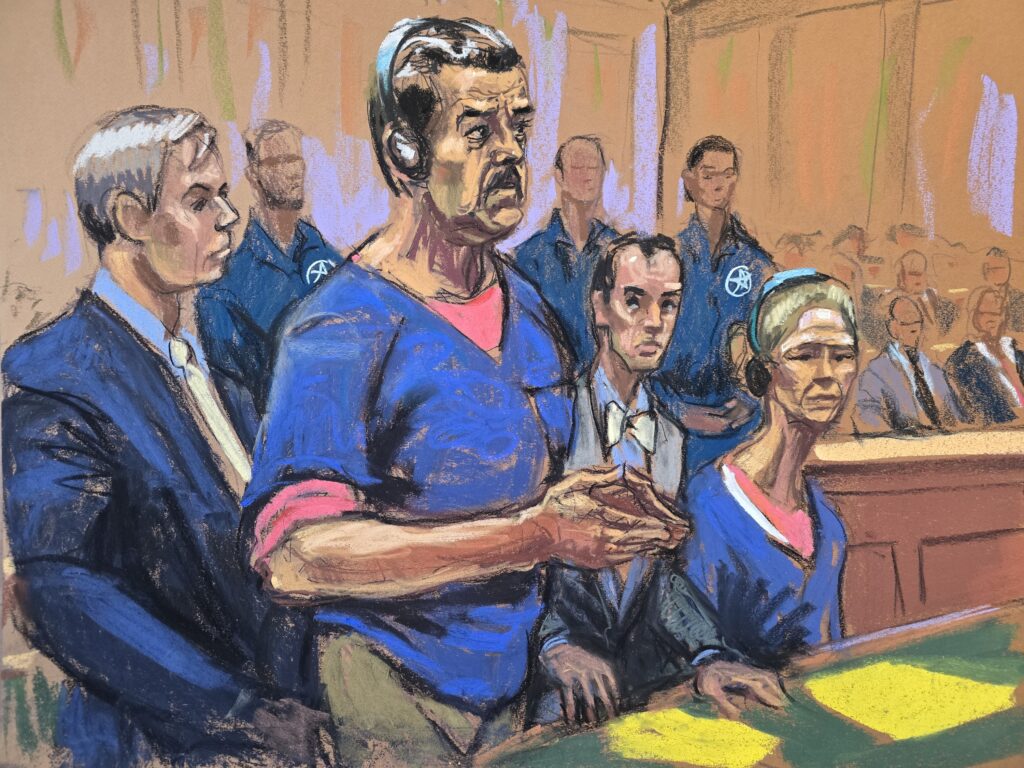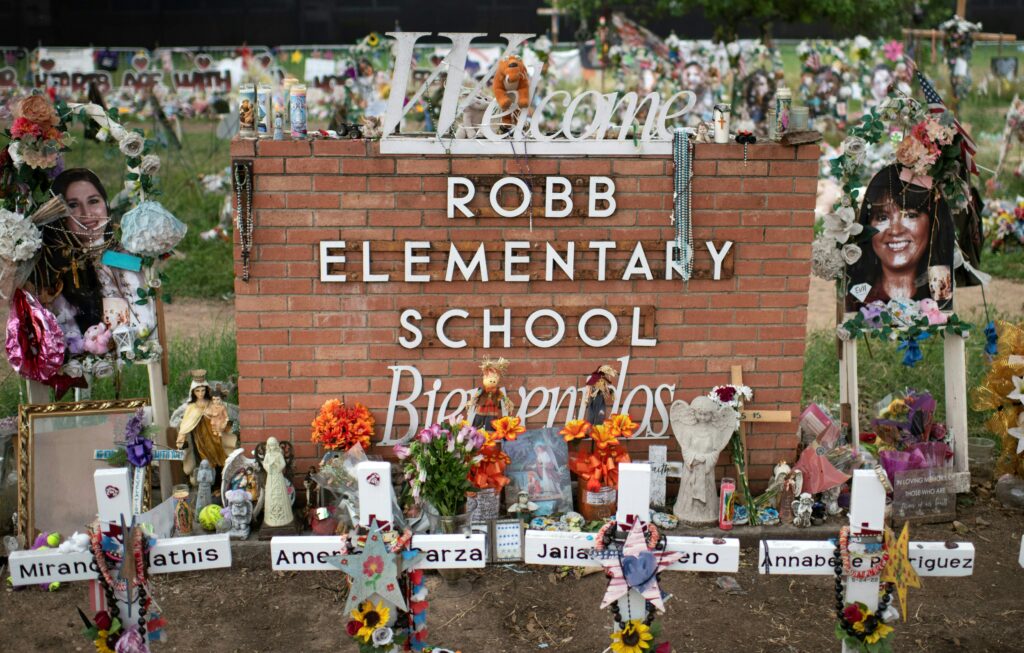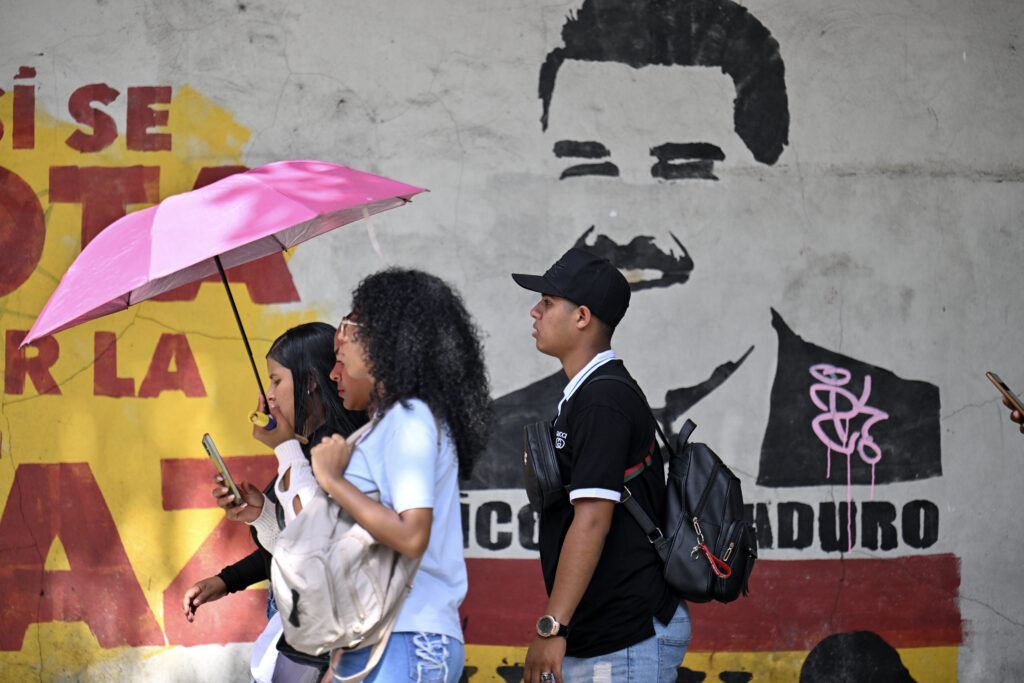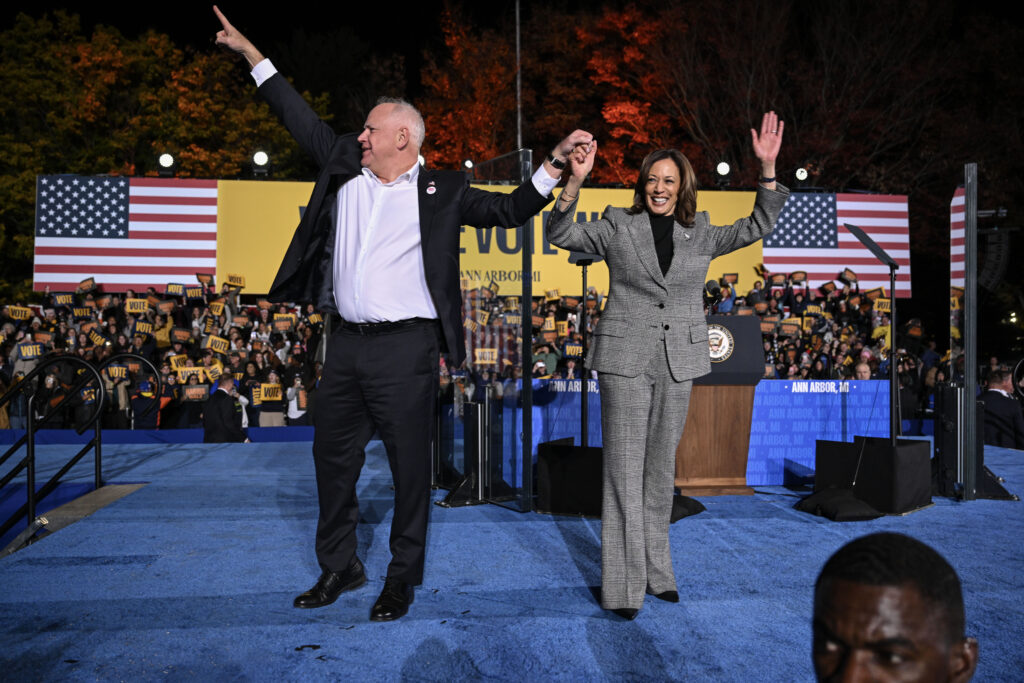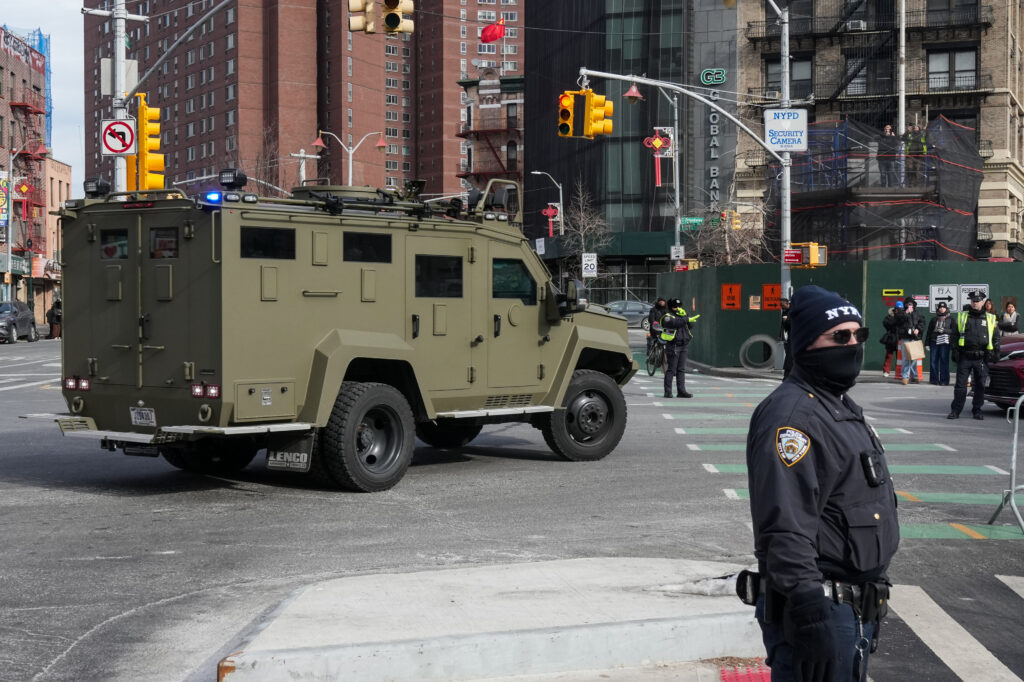Venezuela’s deposed Maduro pleads not guilty, insists still president
Ousted Venezuelan president Nicolas Maduro pleaded not guilty to drug trafficking and other charges at a defiant appearance in a New York court Monday, two days after being snatched by US forces in a stunning raid on his home in Caracas.Maduro, 63, told a federal judge in Manhattan “I’m innocent. I’m not guilty.”Smiling as he entered the courtroom and wearing an orange shirt with beige trousers, Maduro spoke softly.”I’m president of the Republic of Venezuela and I’m here kidnapped since January 3, Saturday,” Maduro told the court, speaking in Spanish through an interpreter. “I was captured at my home in Caracas, Venezuela.”Maduro’s wife Cilia Flores likewise pleaded not guilty. The judge ordered both to remain behind bars and set a new hearing date of March 17.The presidential couple were forcibly taken by US commandos in the early hours of Saturday in airstrikes on the Venezuelan capital backed by warplanes and a heavy naval deployment.Thousands of people marched through Caracas in support of Maduro as his former deputy, Delcy Rodriguez, was sworn in as interim president.Venezuela opposition leader Maria Corina Machado slammed Rodriguez, saying she was “rejected” by the Venezeulan people and calling her “one of the main architects of torture, persecution, corruption, narcotrafficking.”Speaking from an undisclosed location to broadcaster Sean Hannity on Fox News in her first public comments since the weekend, Machado added that she plans to return to Venezuela “as soon as possible” after leaving under cover last month to accept her Nobel Peace Prize.After the raid, Trump declared that the United States was “in charge” in Venezuela and intends to take control of the country’s huge but decrepit oil industry.The 79-year-old president also dismissed the idea of Caracas having new elections in the next month.”We have to fix the country first. You can’t have an election. There’s no way the people could even vote,” Trump told broadcaster NBC News in an interview aired Monday.However, US House Speaker and Trump ally Mike Johnson said he thinks an election “should happen in short order” in Venezuela.- ‘Access to oil’ -Maduro became president in 2013, taking over from his equally hardline socialist predecessor Hugo Chavez.The United States and European Union say he stayed in power by rigging elections — most recently in 2024 — and imprisoning opponents, while overseeing rampant corruption.The crisis after a quarter century of leftist rule now leaves Venezuela’s approximately 30 million people — and the world’s largest proven oil reserves — facing uncertainty.Trump has said he wants to work with Rodriguez and the rest of Maduro’s former team — provided that they submit to US demands on oil. And after an initially hostile response, Rodriguez said she is ready for “cooperation.”Brian Naranjo, a former US diplomat in Venezuela before he was expelled by Maduro in 2018, said that he has “not been so worried about the future of Venezuela, ever.” “There’s a very real possibility that things are going to get much, much worse in Venezuela before they get better,” he told AFP.The deputy head of the US mission to Caracas from 2014-2018 pointed at two men who could try and usurp power from Rodriguez: Interior Minister Diosdado Cabello, and her own brother, Jorge Rodriguez, president of Venezuela’s legislature.”Delcy had better be sleeping with one eye open right now because right behind her are two men who would be more than happy to cut her throat and take control themselves,” Naranjo said.- Cuba, Greenland next? -Trump, who has shocked many Americans with his unprecedented moves to accumulate domestic power, also now appears increasingly emboldened in foreign policy.On Sunday, he said communist Cuba was “ready to fall” and he repeated that Greenland, which is part of US ally Denmark, should be controlled by the United States.Brian Finucane, of the International Crisis Group, told AFP that Trump “seems to be disregarding international law altogether” in Venezuela and added that US domestic law also appeared to have been broken.Details of the US operation in Caracas were still emerging Monday, with Havana saying 32 Cubans were killed in the attack. US Defense Secretary Pete Hegseth said that nearly 200 personnel went into Caracas on the surprise raid. Some injuries and no deaths were reported by US officials.burs-sms/jgc/sla
